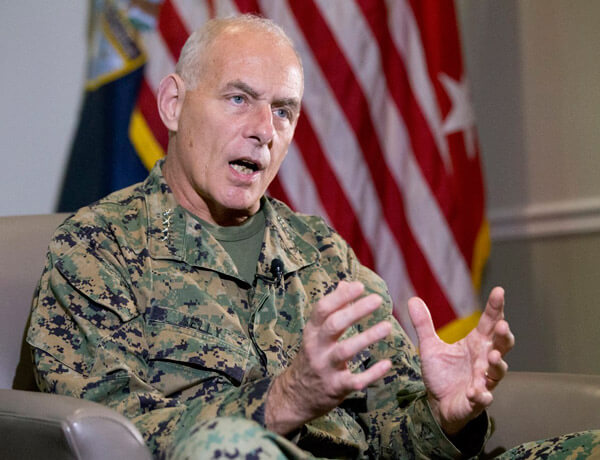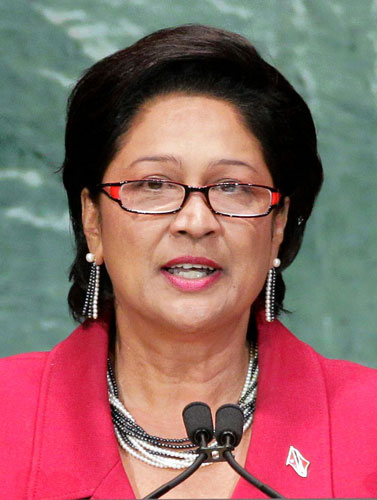A top United States general has expressed deep concern that a small number of motivated Islamic State fighters could commit acts of terror in Caribbean nations.
Gen. John Kelly, commander of the Miami-based U.S. Southern Command, or SouthCOM, told reporters Friday at the Pentagon that about 150 Islamic extremists left the Caribbean region to join Islamic State fighters in the Middle East last year, about 50 more than in the previous year.
However, he said, the biggest threat might not be the extremists who leave to train and fight with the Islamic State, but the ones who stay behind, according to the Voice of America (VOA).
Kelly, who oversees U.S. security in Latin America the Caribbean, said Islamic extremist groups seem to have a new message for would-be jihadists.
“And that [message] is, ‘Rather than coming here to Syria, why don’t you just stay at home and do San Bernardino or do Boston or do Fort Hood?’” he said, alluding to attacks in the U.S. perpetrated by Muslims sympathetic to extremist groups.
As recently as Thursday, a gunman claiming allegiance to the Islamic State ambushed a police officer as he sat in his car in Philadelphia, Pennsylvania, VOA said.
The U.S. general said these would-be attackers largely come from former British colonies within the Caribbean and along its borders, and at least a few have been killed fighting for the Islamic State group, according to US News and World Report.
He estimated that about 150 radicals have attempted to join the Islamic State group as of this year, up from his estimate last year of roughly 100.
Last year, Kelly told the United States Congress that those who succeed in reaching Islamic State group territory “get good at killing and pick up some job skills,” such as working with explosives and beheading enemy fighters for propaganda purposes, US News and World Report said.
“If they went over radicalized, one would expect they’d come back at least that radicalized,” he said.
The security problem is exacerbated by the limited resources of Caribbean Community (CARICOM) countries, such as Jamaica, Trinidad and Tobago, and Suriname, “which don’t have organizations comparable to the America’s military, or its Transportation Safety Administration,” US News and World Report said.
“Even just a few of these nuts can cause an awful lot of trouble down in the Caribbean because [those countries] don’t have an FBI, they don’t have law enforcement like we do,” Kelly said. “And many of these countries have very, very small militaries — if they have militaries at all.”
US News and World Report said Caribbean security experts have warned that extremists could exploit the region’s relatively open borders with the US and Canada.
























